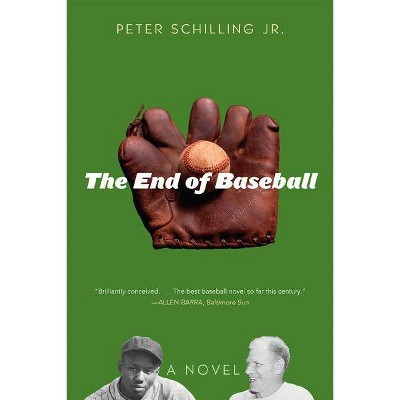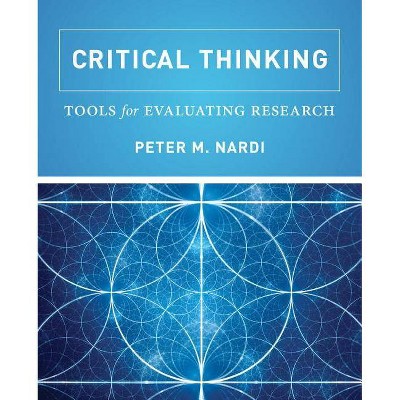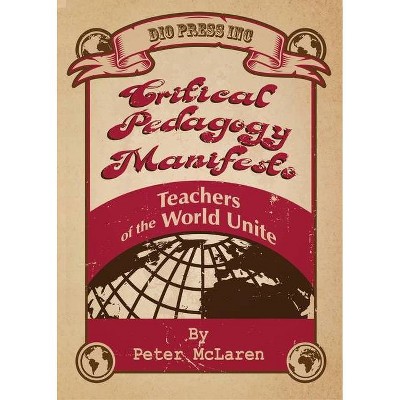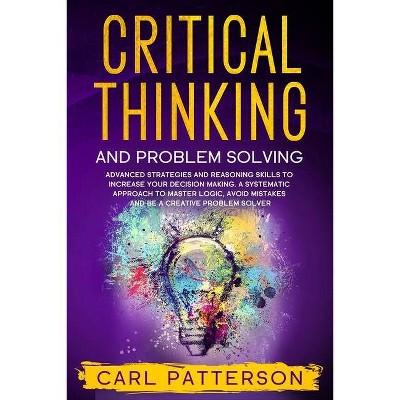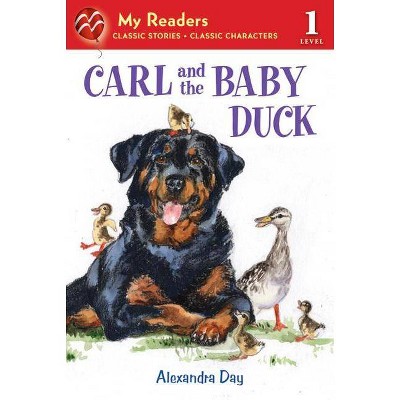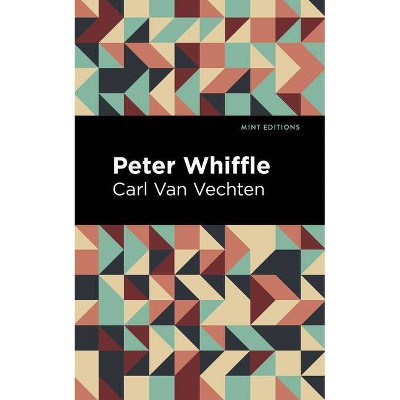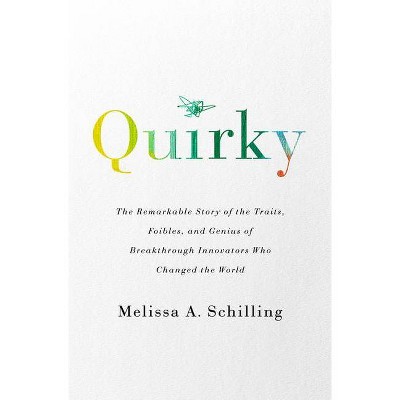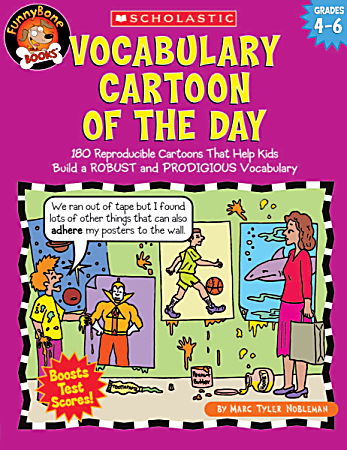Carl Barks' Duck - (Critical Cartoons) by Peter Schilling (Paperback)
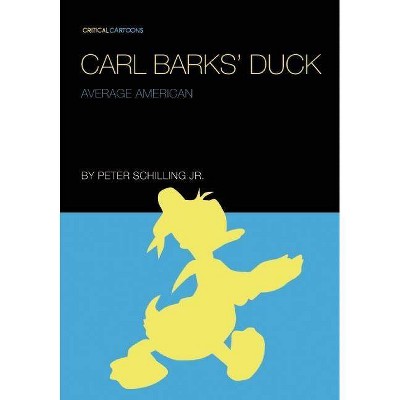
Similar Products
Products of same category from the store
AllProduct info
<p/><br></br><p><b> About the Book </b></p></br></br>Peter Schilling, Jr.'s deeply felt assessment of Carl Barks's <i>Donald Duck</i>, one of the all-time great comics classics.<br><p/><br></br><p><b> Book Synopsis </b></p></br></br><p>From 1942 to his retirement in 1966, Carl Barks drew Donald Duck comic books (the seventh greatest comic of the twentieth century according to <i>The Comics Journal</i>) for Walt Disney. He took what should have been a bland franchise and turned it into a classic of comics. Drawing on his own experiences (most notably a brief stint as a chicken farmer), Barks went to create a character who was remarkable . . . for not being remarkable. In his pursuit of a good job, his boredom with suburban life, his temper, his squabbles with neighbors, and his resolve in the face of his many failures, Barks's Donald Duck was truly your average American.</p><p><b>Peter Schilling, Jr.</b> is the author of <i>The End of Baseball</i> and writes about film and the arts for a variety of publications. He has been reading and studying Carl Barks's entire catalog since he was a child.</p><br><p/><br></br><p><b> Review Quotes </b></p></br></br><br>Schilling cheerleads, gushes and obsesses, using smart, but not scholarly arguments to convince readers to share his duck love. Basically, he's a fan. Fortunately, he's an interesting fan, rejecting Barks' most popular works because he disdains Donald's zillionaire uncle Scrooge McDuck, partly because Scrooge's financial fixation limits him. Schilling loves Donald's flexibility: Everyone else is a slave to continuity, but Donald has new professions, hobbies and expertise in each story. To Schilling, that makes the duck more an actor than character, which corresponds to the essayist's idea that Barks' work is akin to early cinema comedies.--Jake Austen, <em>Chicago Tribune</em> <p/>Schilling regards the stories, as he says in his introduction, as "paper movies." He approaches his subject with the same reverence, insight, and awareness that the late Roger Ebert brought to film. [...] In his essay about the classic Donald Duck story "The Magic Hourglass" he references <em>Citizen Kane</em> as well as Eric von Stroheim's silent epic <em>Greed</em>. [...] By using our shared familiarity with another medium, Schilling expertly expands our understanding of another.--<em>New York Journal of Books</em><br><p/><br></br><p><b> About the Author </b></p></br></br>Peter Schilling Jr. is the author of The End of Baseball, and writes about film and the arts for a variety of Minnesota publications. He has been reading and studying Carl Barks' entire catalogue since he was a child.<br>
Price History
Cheapest price in the interval: 12.95 on November 8, 2021
Most expensive price in the interval: 12.95 on December 20, 2021
Price Archive shows prices from various stores, lets you see history and find the cheapest. There is no actual sale on the website. For all support, inquiry and suggestion messagescommunication@pricearchive.us
